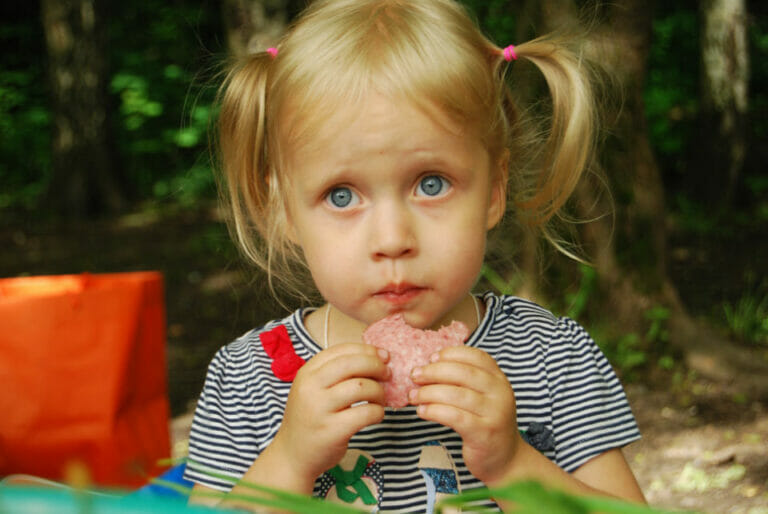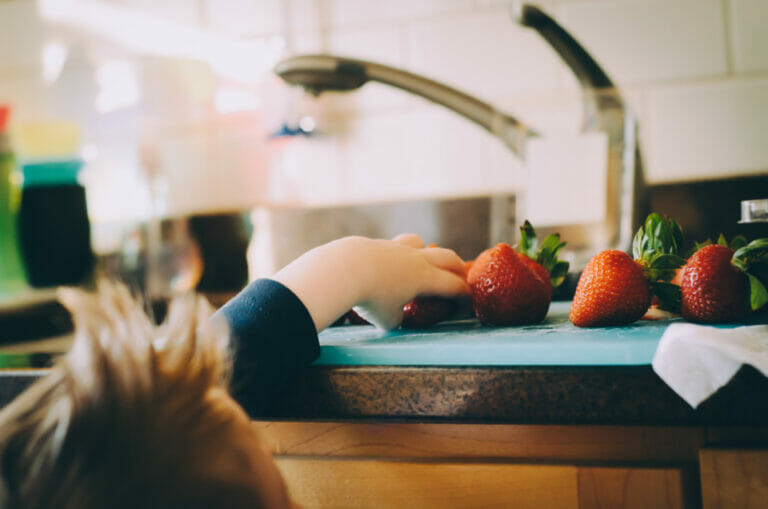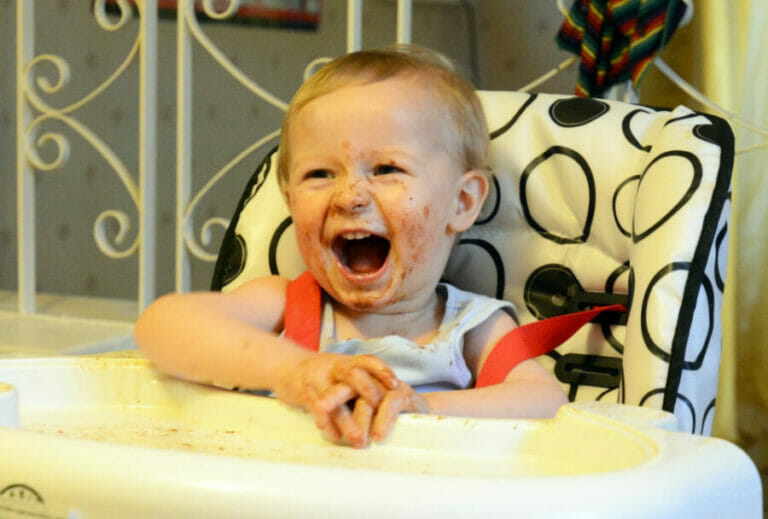![]()
The importance of exercise, nutrition and sleep for children with ADHD
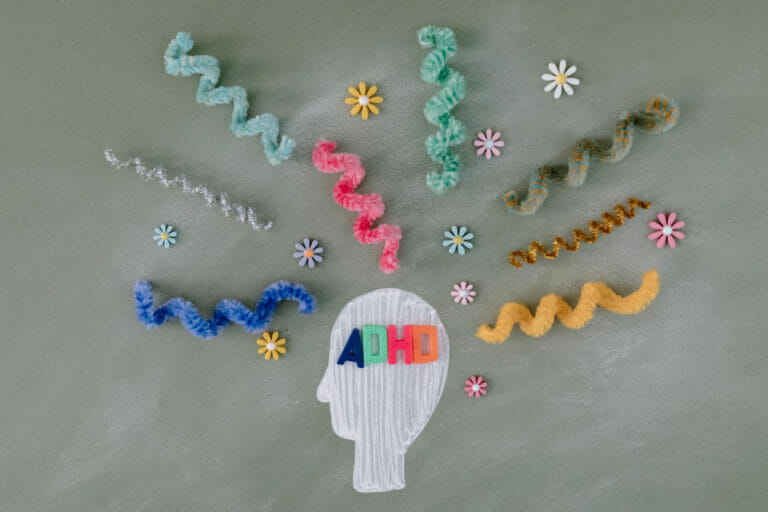
Has your child been diagnosed with ADHD and prescribed medication? If yes, you may be looking for other ways to help support them and their health. You can help children with ADHD in many different ways, including diet, exercise and sleep.
Many experts believe adjusting your child’s diet and ensuring they get enough sleep and exercise can also help manage the symptoms alongside medication.
ADHD is a mental health or neurodevelopmental disorder many children and adults suffer from. Although diagnosis typically happens in kids with ADHD, there is no age limit on when you can get diagnosed.
Children with ADHD may struggle to pay attention and have impulsive behaviours, such as acting without thinking and being very active.
How nutrition can impact and help children with ADHD
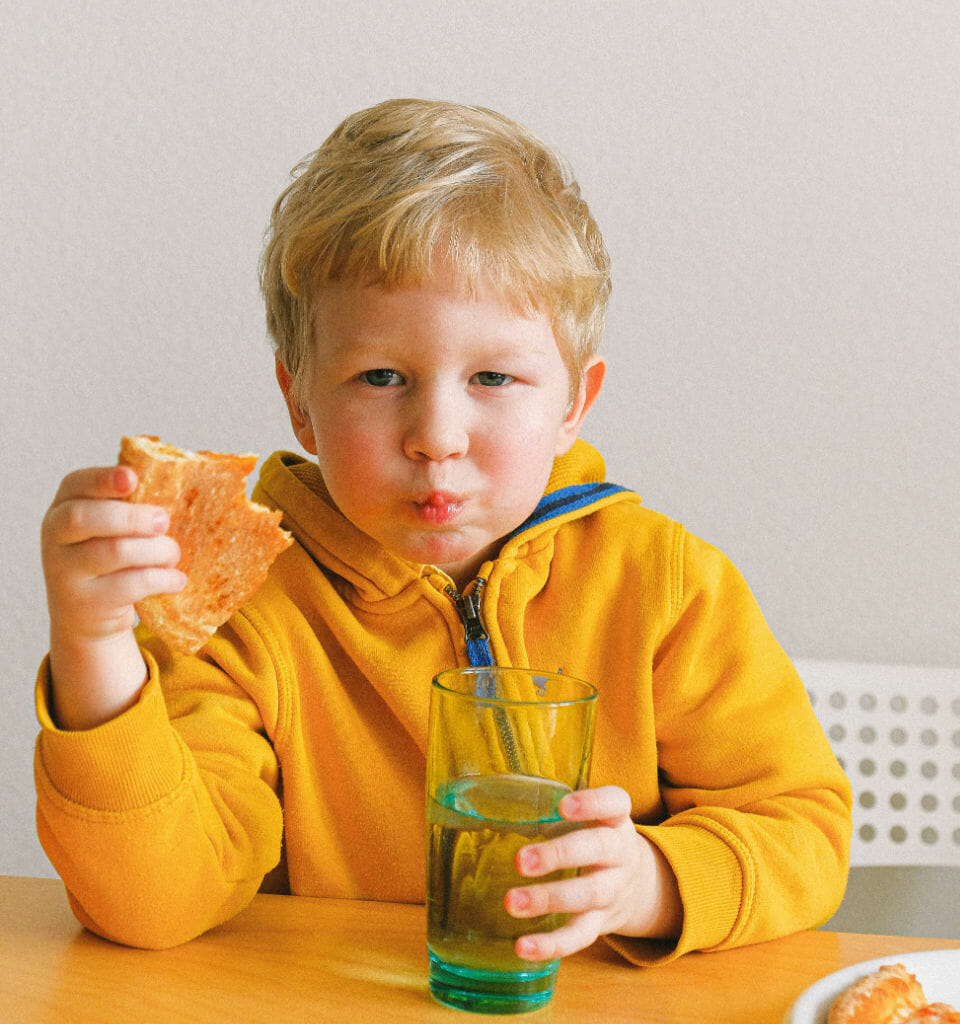
Whether your child has ADHD or not, sugar can negatively impact your child’s behaviour. Blood sugar highs and sugar crashes can cause irritable, overtired or fidgety children even when they aren’t children with ADHD.
It’s also important to be aware of artificial dyes in foods, as they could increase hyperactivity, a crucial symptom of kids with ADHD.
Ensure any sugar you give your child is of the natural kinds like from fruits or veggies rather than processed. Also, look at the carbs in their diet, and ensure they’re the low GI variety. This is because wholemeal and food with natural sugar break down slower in the gut and keep blood sugar levels in check.
A diet high in protein also works for your child with ADHD, as it provides energy and helps balance sugar levels.
In fact, studies have shown that lots of kids with ADHD are sensitive to certain foods. You could try an elimination meal plan to find out what foods help improve or exacerbate behaviour.
It has been shown that eating food packed with omega-3 and fatty acids, such as fish, helps to improve the symptoms of ADHD in children.
This may be because fatty acids and omega-3 can help improve brain function, which benefits children with ADHD. Another thing to be mindful of is that many kids with ADHD lack iron, so you should ensure they are eating enough iron-rich foods.
Children with ADHD and exercise
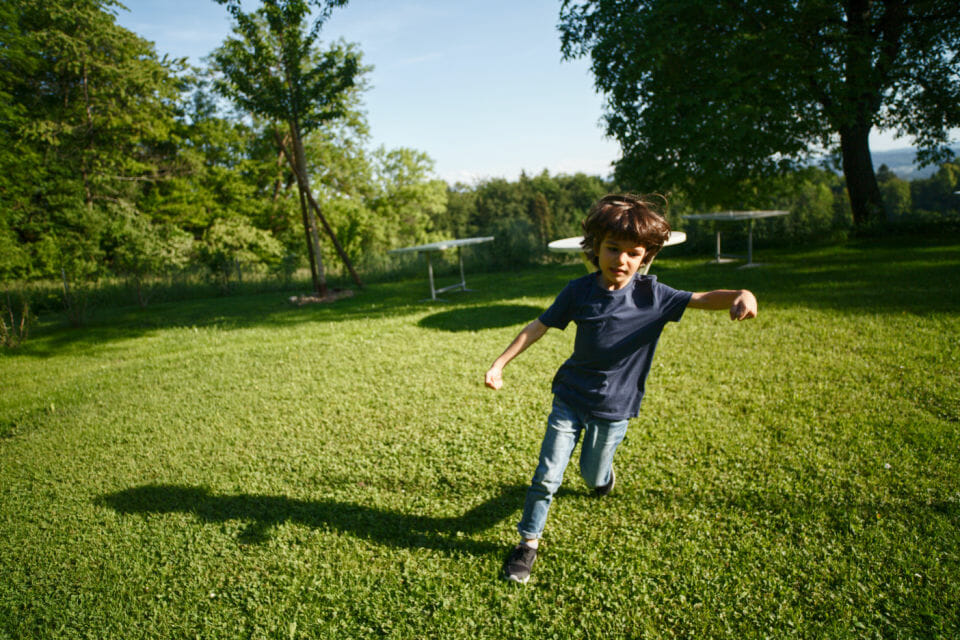
Numerous studies have found that incorporating physical activity into the daily routine of children with ADHD can positively impact their symptoms.
Not only will your little one be burning off some of the abundant energy that comes from kids with ADHD. There’s also research that suggests exercise can help improve cognitive functioning and sharpen memory.
Moving your body is linked to boosting your brain’s neurotransmitters. These are chemicals in your brain that help improves your mood and also help you sleep.
What’s more, exercise helps promote dopamine in the brain. This has been shown to improve attention and decrease aggression and also impulsiveness. With many children with ADHD having attention and impulse issues, anything that helps will help.
There have been some studies that show that 30 minutes of exercise before school was able to help improve ADHD symptoms.
Any type of physical activity causes blood to flow to the brain.
This then fires up your neurones and promotes cell growth, which is essential for learning and retaining information.
Read more on how exercise can help your child with ADHD.
How sleep can impact children with ADHD

Children with ADHD are more at risk of suffering from sleep problems. As we know, without a good night’s rest, we are more likely to be moody, and tiredness can affect our attention span.
Exercise and a proper diet will help your child sleep better at night. Being active can help boost the chemicals in your brain, such as serotonin, endorphins and dopamine, which all help you sleep.
Importantly, getting enough sleep each night will help lift your child’s moods and also boost their memory.
However, it might also help if they have a calming environment, with limited screen time, before bed. Minimising stimulants will help children with ADHD not only fall asleep but have better sleep.
What’s more, children with ADHD do well with routine, so if you can keep your bedtime and bathtime routine consistent, it might help them sleep better at night.
Our expert has tips to help your children with ADHD get to sleep.
Read more:
How unhealthy snacking is affecting your child’s behaviour
Why Mum’s need to be food label detectives.
Get Access to the Healthy Mummy Wellness App

The Healthy Mummy Wellness app is built to support mums’ mental, physical and social well-being. We have expert advice to help mums makeover their minds, transform their mood, manage their hormones, sleep better and engage with their family.
You can listen to podcasts, read blogs, work out with our trainers and find healthy, family-friendly recipes from the palm of your hand.
